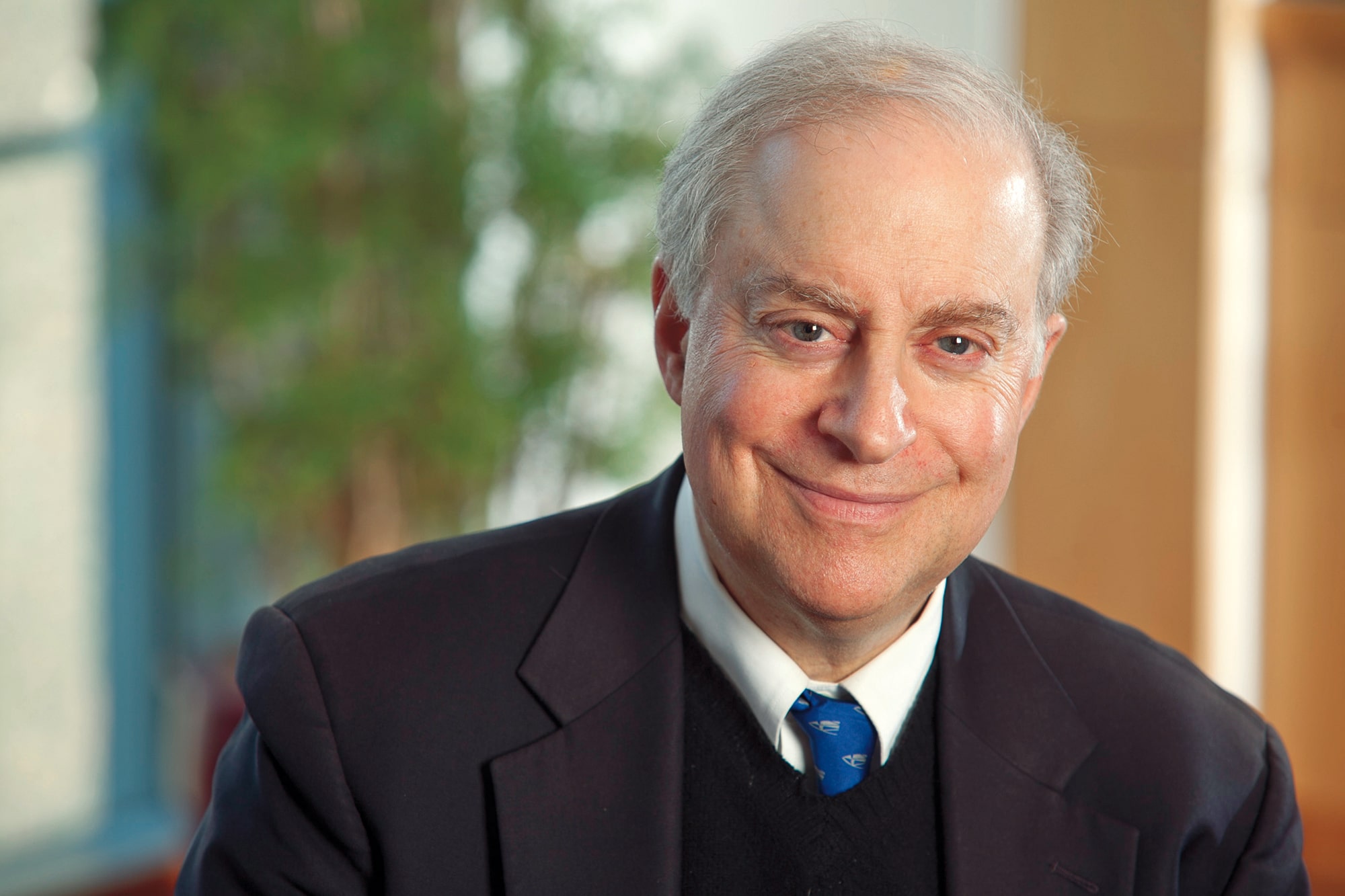Civic Education: Answering the Call
Vol. 106 No. 1 (2022) | Necessarily Engaged | Download PDF Version of Article
This edition of Judicature highlights some of the excellent work that courts and judges are doing to advance civic education in our country. Their efforts respond to Chief Justice John G. Roberts Jr.’s call for judges to “continue their efforts to promote public confidence in the judiciary, both through their rulings and through civic outreach.”
Promoting public confidence in the courts may be harder than ever. A September 2021 Gallup poll showed public approval of the U.S. Supreme Court at a 20-year low: Just 40 percent of those surveyed approved of the way the Court was doing its job, down from 49 percent earlier in 2021 and a high of 62 percent in 2001. Those who said they had confidence in the federal judiciary as a whole fell to 54 percent, from 67 percent in 2020 and 80 percent in 2000. While the courts generally poll better than other governmental bodies, these declines are of concern even if they are part of a general loss of confidence in government.
The rule of law depends on the willingness of the people to abide by judicial decisions with which they disagree. They must trust the judiciary, and the judiciary must be worthy of that trust. In a democracy, this trust is a subset of the larger trust in one’s fellow citizens that is also essential. The late Jonathan Sacks, the former chief rabbi of the United Kingdom, wrote about the need for trust — which he also calls faith — in an August 2013 article in The Times: “Without faith in our fellow citizens,” he wrote, “we could not have a free society.”
How to preserve and enhance public confidence in the courts is a complex problem that requires many different kinds of responses and initiatives. As Justice Stephen Breyer explains in his new book, The Authority of the Court and the Peril of Politics: “[T]rust in the Court, without which our system cannot function, requires knowledge, it requires understanding, it requires engagement — in a word, it requires work, work on the part of all citizens. And we must undertake that work together.”
An important part of that work focuses on public knowledge and understanding, which brings us back to civic education. To have trust and confidence in their courts, the American people must understand the role of the courts in our democracy, how judges do their work, and what judicial independence means. Civic education programs that build and reinforce this knowledge protect the foundations of our democracy and the stability of the rule of law. Equally important is the judiciary’s commitment to providing as efficient and fair a justice system as may be possible to all Americans.
Earning the confidence of the American people is an ongoing endeavor for our courts. Thankfully, judges are well aware of the challenge and its importance. This edition of Judicature highlights several important educational efforts and creative outreach programs, developed and administered by judges, in courtrooms and in classrooms across the country. No one was more committed to the work of civic education or to the work of making our courts work well for the American people than the late Bob Katzmann, chief judge of the U.S. Court of Appeals for the Second Circuit. It seems only right that we also celebrate his extraordinary contributions in this special edition dedicated to civic education.
“Civic education, like all education, is a continuing enterprise and conversation,” wrote Chief Justice Roberts. “Each generation has an obligation to pass on to the next, not only a fully functioning government responsive to the needs of the people, but the tools to understand and improve it.”
I hope you enjoy and take heart and renewed commitment from this edition of Judicature.

David F. Levi
Director, Bolch Judicial Institute

